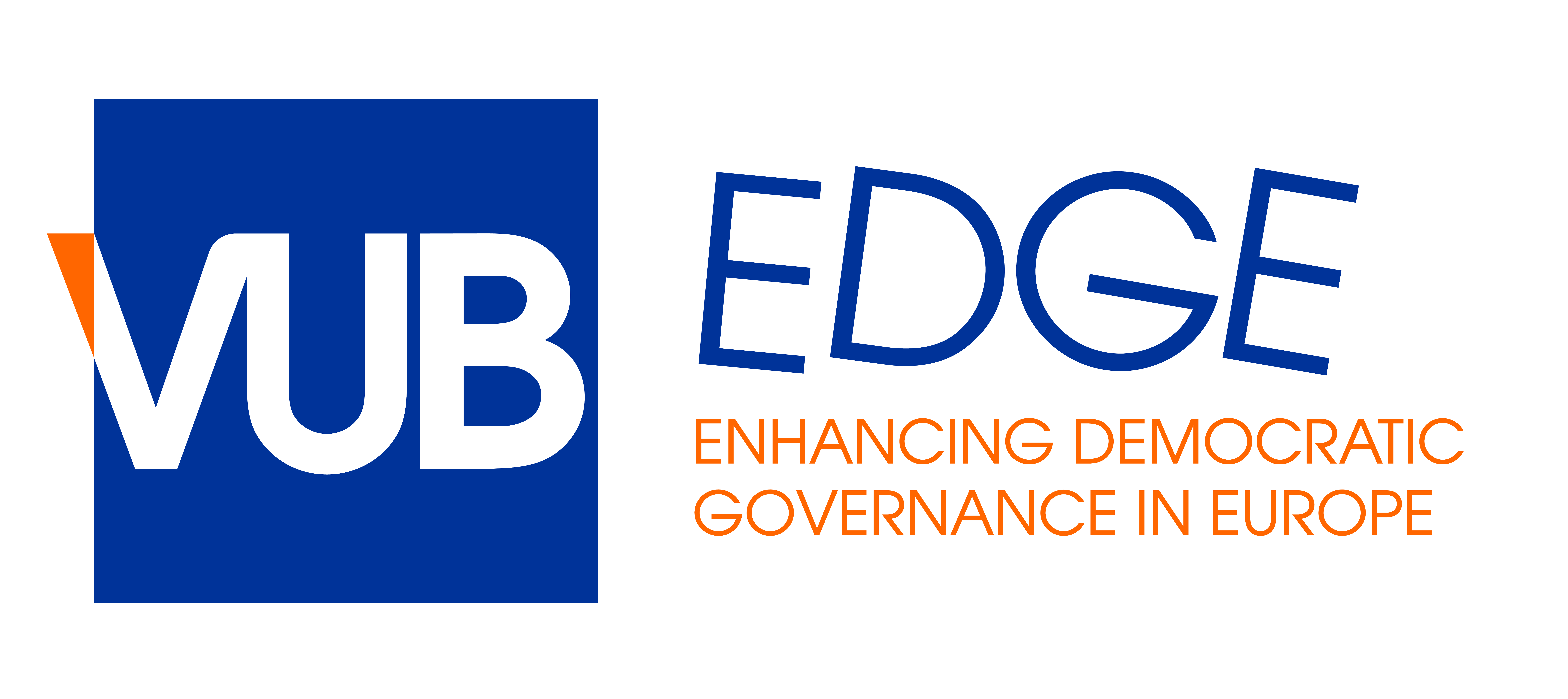FEMINIST AND QUEER SOLIDARITIESA LECTURE PART OF THE INTER-UNIVERSITY LECTURE CARAVAN ON PALESTINE
The imposition of acceptable and inacceptable gender and sexual norms have always been central to the European colonial project. For four hundred years, European colonialism has imposed its heteronormative regimes of gender and sexuality at home and onto the rest of the world. Furthermore, it has sought to erase pre-existing ways of being and living together that were different from its own violent impositions. Part of that project was to erase differently lived experiences of gender and sexual pleasure, including gender experiences outside the binary of male-female and, for instance, same-sex eroticism. In our present times, however, Europe and North-America claim to be bastions of sexual and gender freedom, and use this discourse to legitimate their ongoing imperial and militarist projects. Inside Belgium and The Netherlands, for instance, a discourse of gay tolerance is used to bolster racist anti-Muslim imaginaries and political agendas. Discussions on gender and sexuality therefore cannot be separated from debates on racial and colonial violence. In this lecture, we will look at how the instrumentalization of gay rights plays out in the context of Israel’s settler colonial occupation of Palestine. The Israeli government uses its limited and exclusionary gay rights achievements and existing anti-Palestinian, anti-Arab and Islamophobic sentiments to divert attention away from its ongoing occupation of Palestine. Palestinian activists have called this Israel’s pinkwashing campaign. In this lecture we will address how the Israeli state mobilizes gender and sexuality within the context of occupation. What can a queer and feminist perspective bring to our understanding of settler-colonialism, not just in the context of Palestine, but also in light of Belgium’s own colonial past? And, what are the implications for transnational and internationalist feminist and queer solidarities with Palestine?
Key topics to be discussed: the concept and practice of settler-colonialism in relation to gender and sexuality, by introducing phenomena such as Israeli pinkwashing, homonationalism and the multidirectional struggle against oppression by feminist and queer Palestinian activist in Occupied Palestine.
This event will take place online via ZOOM:
REGISTER HERE
ABOUT THE SPEAKERS
Haneen Maikey is a Palestinian activist working against Israeli apartheid by engaging queer and feminist politics. Through cultivating queer Palestinian kinship and organizing spaces, Maikey has become a crucial voice against pinkwashing and Israel’s co-optation of “LGBTQ Rights” discourse. Maikey views queer, Palestinian liberation as a cause connected to global liberation, and she has joined transnational movements to challenge occupation and racism. Maikey co-founded and served as executive director of alQaws for Sexual & Gender Diversity in Palestinian Society, after it distinguished itself as an anti-apartheid organization in 2007. alQaws offers “peer support to individuals, we have a hotline operated by 20 volunteers who answer the phones, and a large community-building effort in four areas: the West Bank, East Jerusalem, Haifa and Jaffa,” especially in the face of Israel’s pinkwashing. She also co-founded the activist group, Palestinian Queers for BDS. Alongside her organizing work, Maikey has published multiple articles and authored The History and Contemporary State of Palestinian Sexual Liberation Struggle.
Mikki Stelder is a postdoctoral researcher at the University of Amsterdam/University of British Columbia. Stelder's dissertation Queering Occupation: From Zionist Sexual Politics to Palestinian Decolonial-Queer Imaginaries (2018) discussed the uses of Zionist sexual politics for Israel's settler colonial project; Palestinian anticolonial-queer politics; and the limits and challenges of transnational solidarity. The project emerged out of working alongside Palestinian anti-colonial queer activists for over a decade. Stelder has been awarded a Marie Skłodowska Curie Global Fellowship from the European Commission (2019-2022) for their postdoctoral research project Maritime Imagination: A Cultural Oceanography of Dutch Imperialism and its Aftermaths where they develop an oceanic method for the study of Dutch imperialism. Their work has appeared in journals such as Settler Colonial Studies, Journal of Palestine Studies, and Radical History Review and they are working on a book about the colonial imaginaries of Hugo Grotius.
This lecture is part of an inter-university lecture caravan: ‘Palestine: Entangled histories and other ways of seeing ecologies, resistance and solidarity within a settler colonial situation'. This inter-university lecture caravan is a collaboration between UGENT, UA, VUB (RHEA, EDGE and BSoG) en KUL. The lecture series is supported by the Global Minds Fund.
